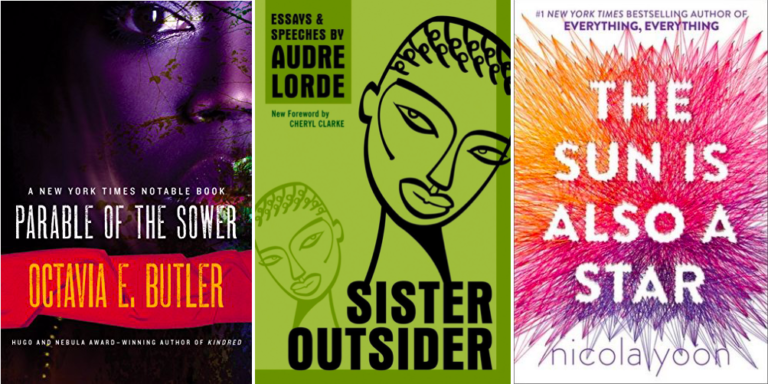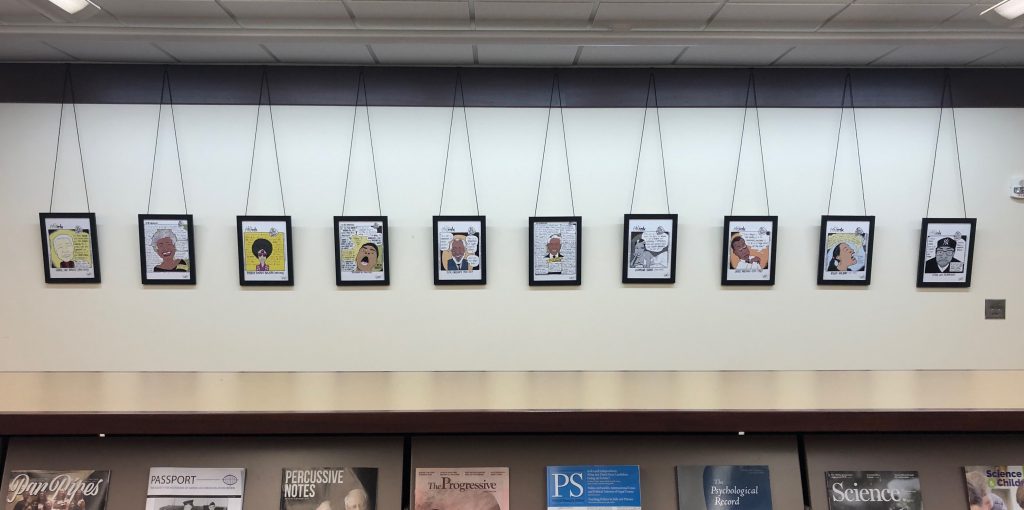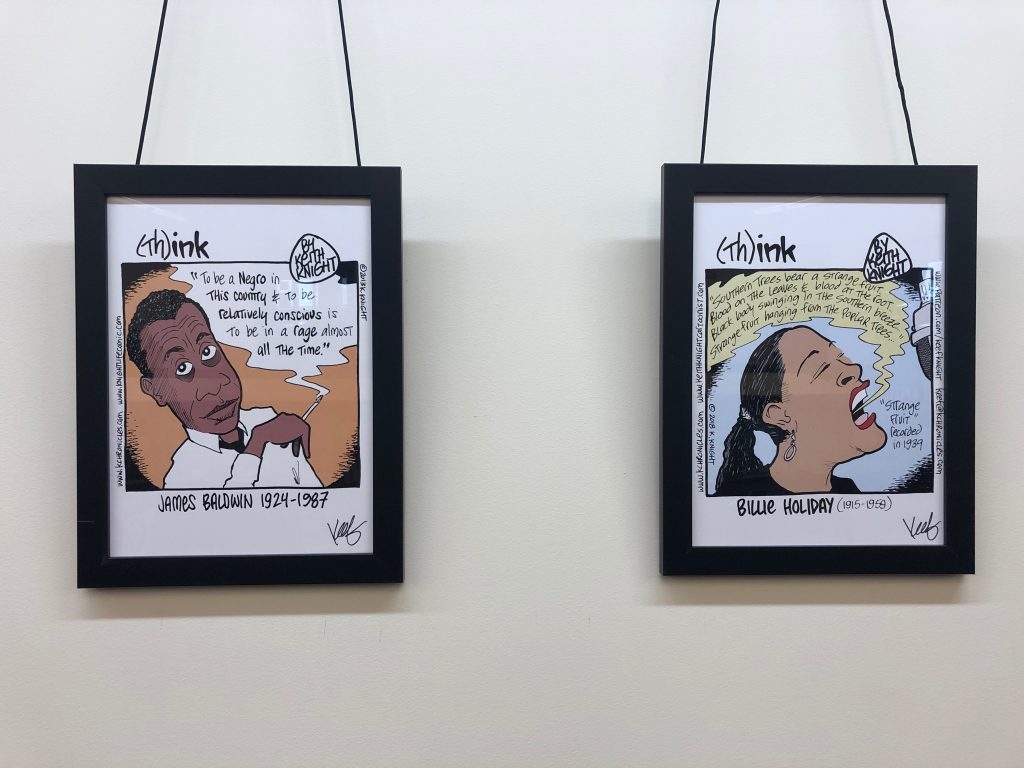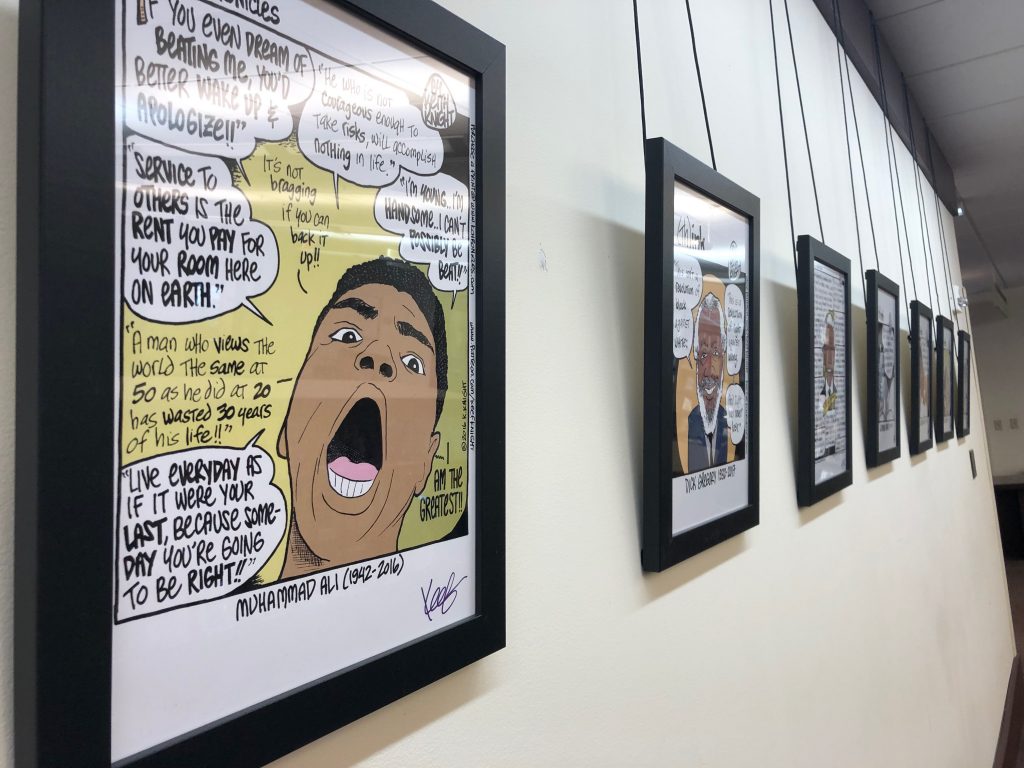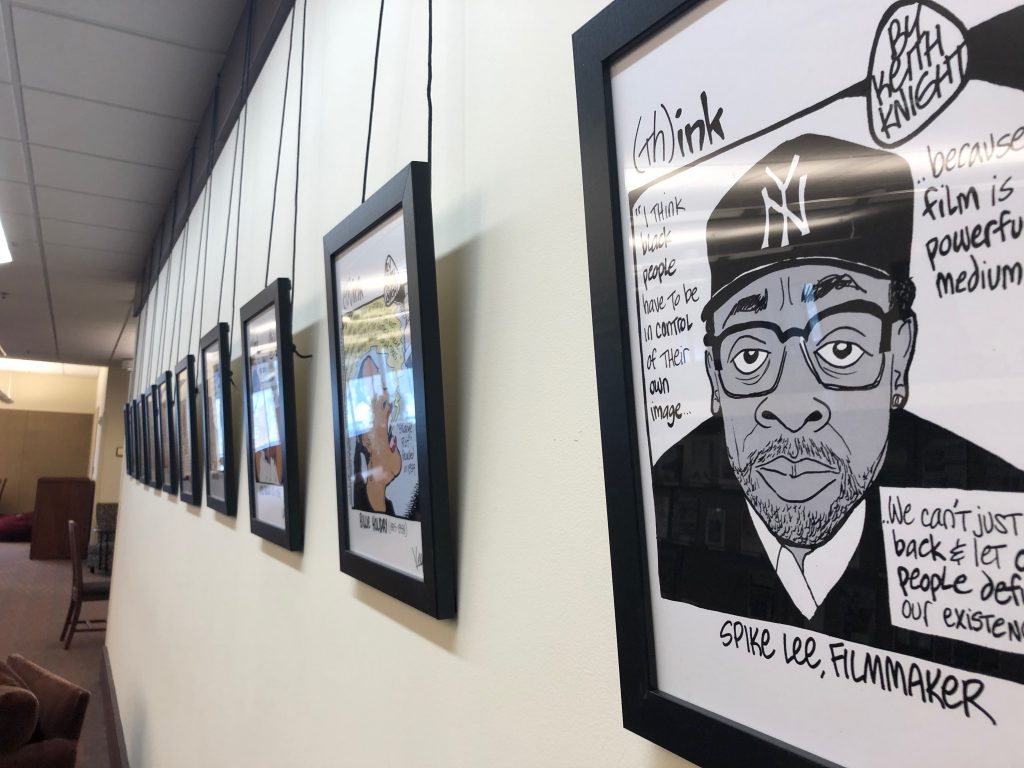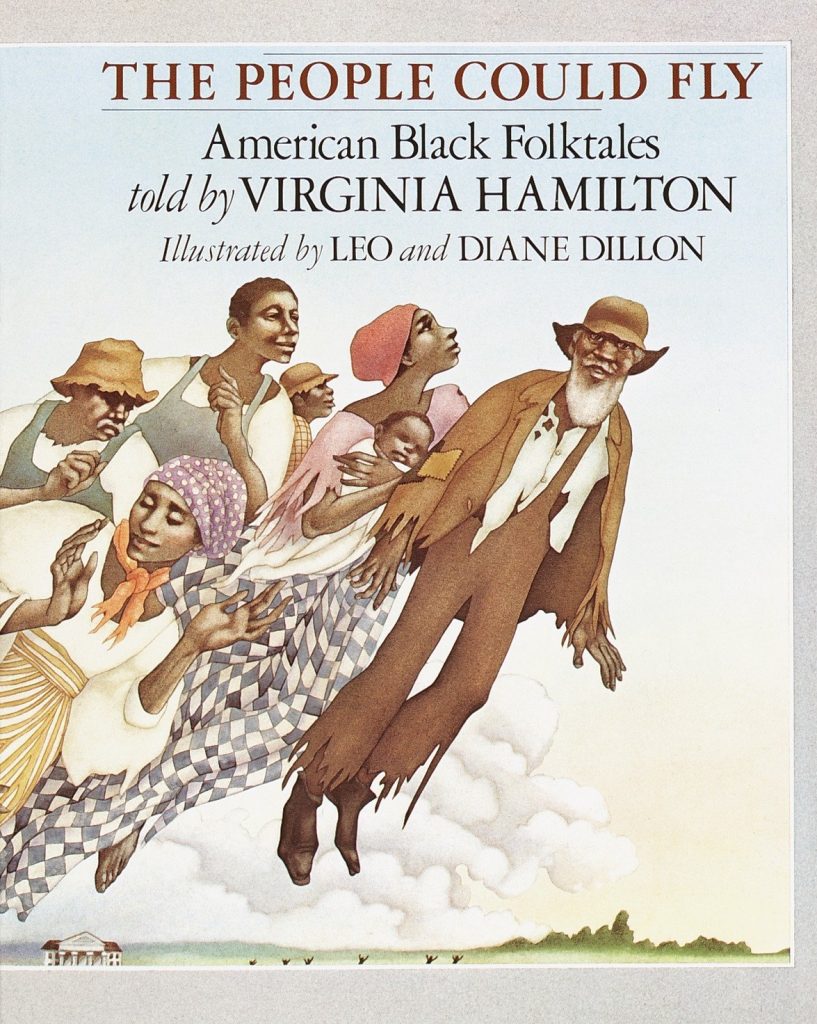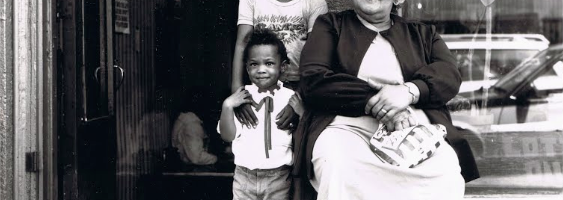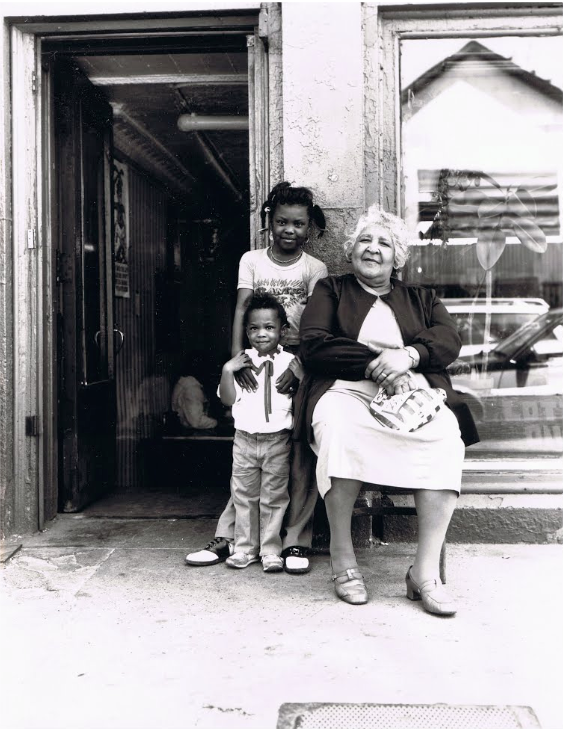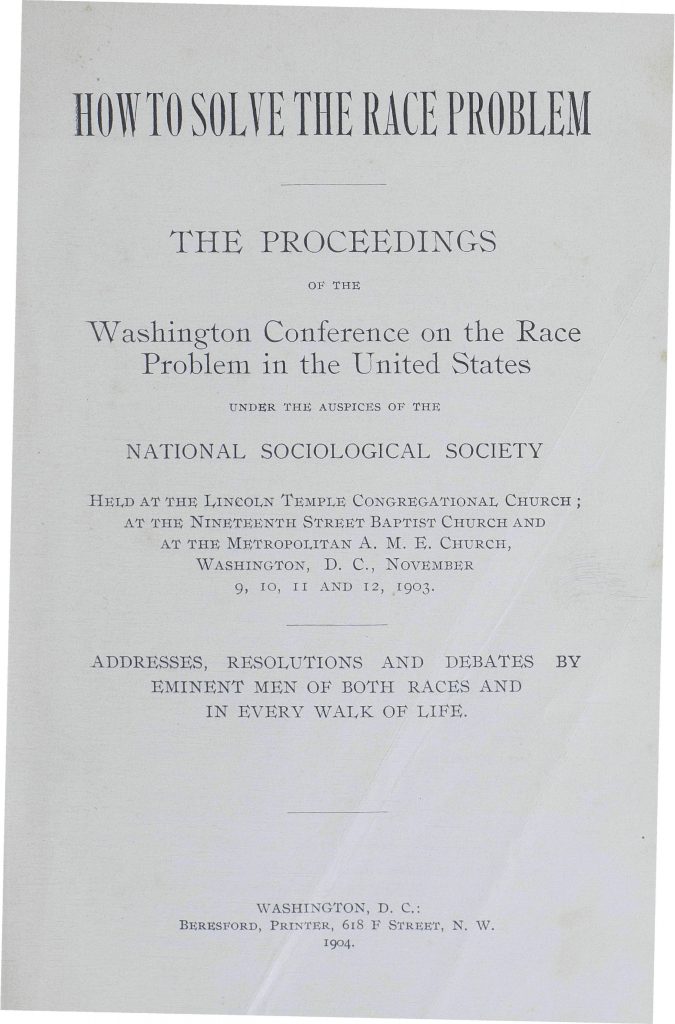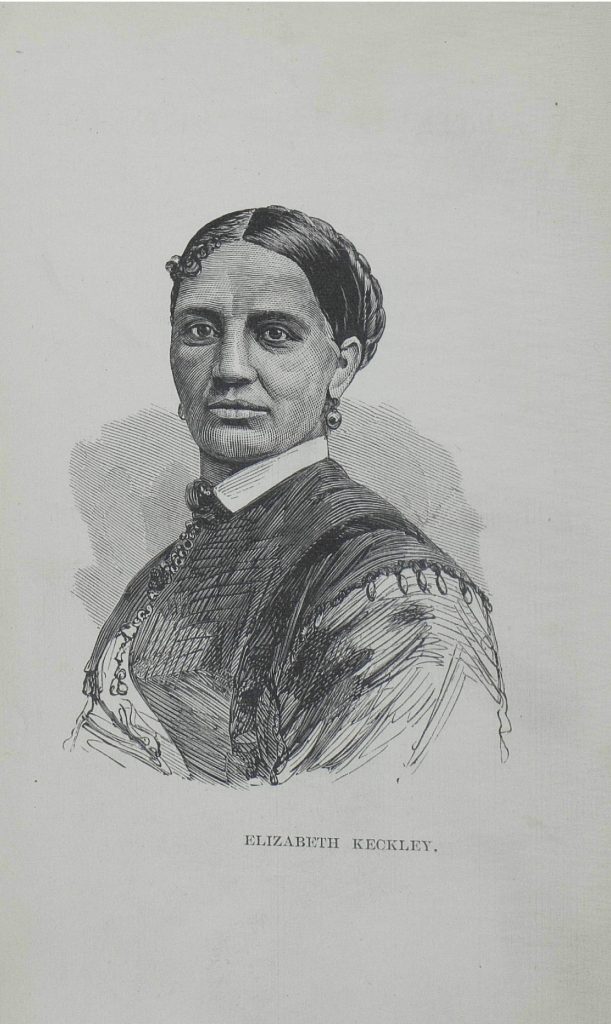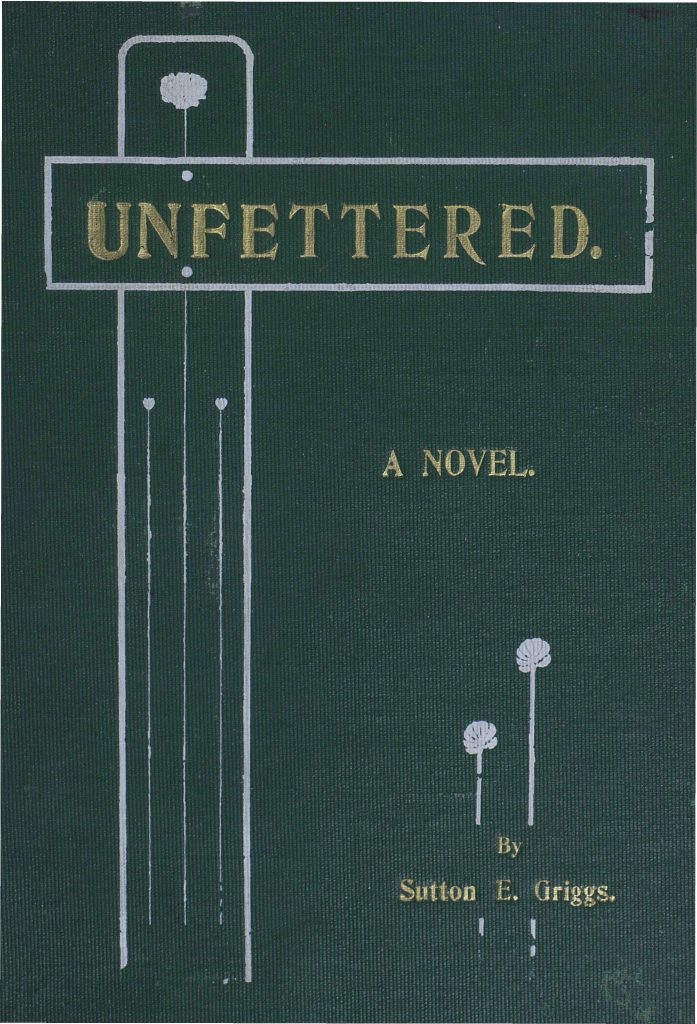
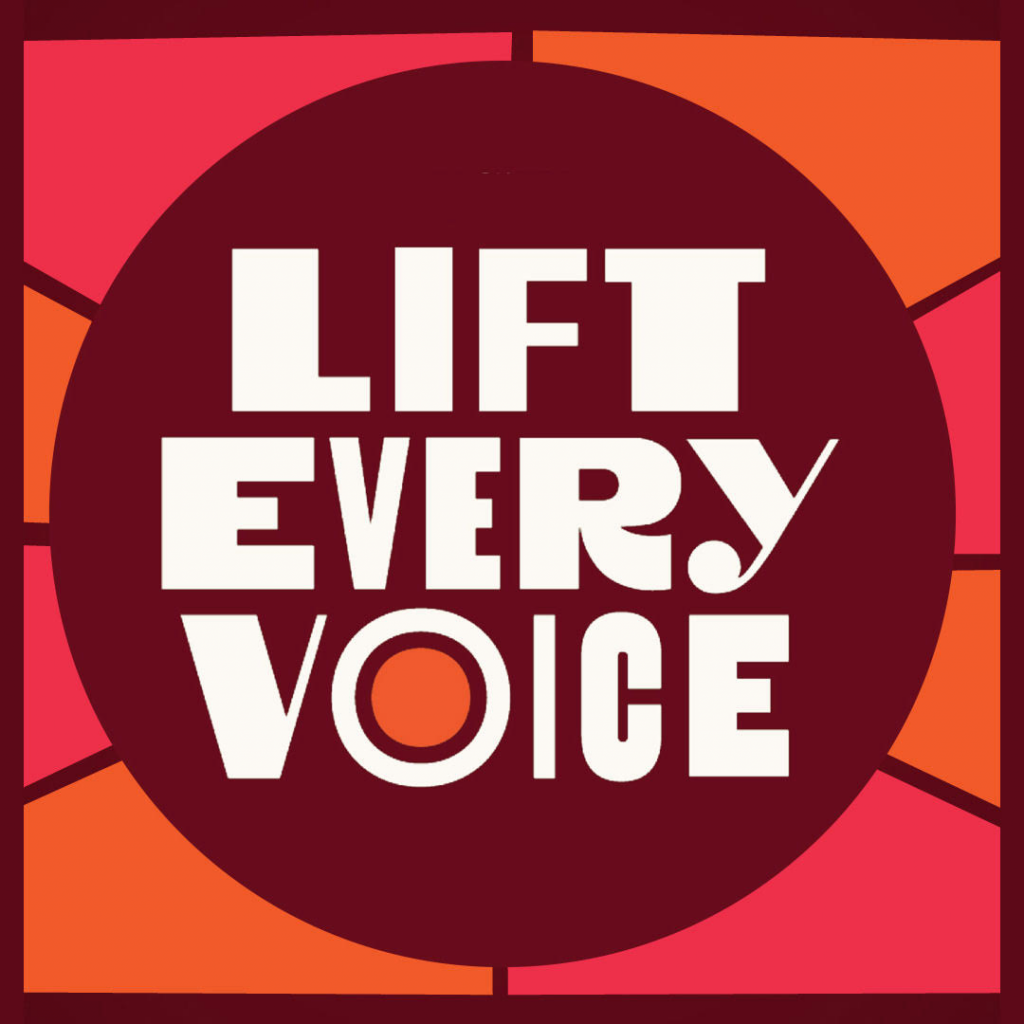 The University of Delaware Library, Museums and Press announces a new online exhibition:
The University of Delaware Library, Museums and Press announces a new online exhibition:
Lift Every Voice: Celebrating 250 Years of African American Poetry
https://exhibitions.lib.udel.edu/lift-every-voice/
Lift Every Voice is a year-long, nationwide celebration of the 250-year tradition of African American poetry, its richness and diversity, and its central place in American poetry. The initiative is directed by Library of America in partnership with the Schomburg Center for Research in Black Culture and with libraries, arts organizations, and bookstores in all fifty states. It is supported by funding from the National Endowment for the Humanities, the Andrew W. Mellon Foundation, and Emerson Collective.
Curated by English and American literature librarian Aimee Gee and launched in December 2020, this exhibition highlights materials from the collections of the University of Delaware Library, Museums and Press and draws upon several past UD exhibitions. Lift Every Voice encourages visitors to reflect upon five intersecting themes that emerge from a close examination of the African American poetic tradition: The Freedom Struggle, Black Identities (Assertion & Protection), Black Experience in History & Memory, Black Language & Music, and Family & Community. Contact: AskSpec


